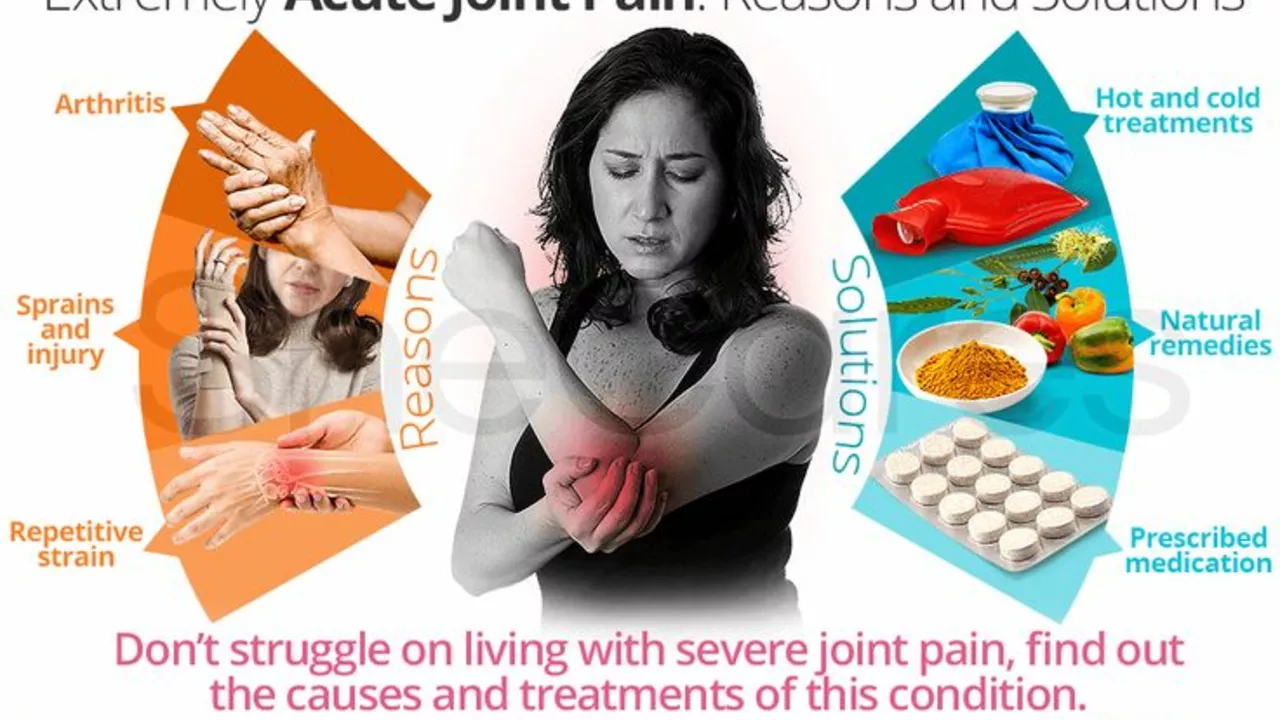Hormonal imbalance: what to watch for and what to do
Ever feel tired, moody, or suddenly gaining weight with no clear reason? Hormones control a lot of that. When they’re out of sync you’ll notice changes in energy, sleep, weight, skin, sex drive and mood. The good news: many causes can be tested and treated. Here’s a straightforward guide to help you spot problems and take practical steps.
Common causes and symptoms
Hormonal issues come from different spots: the thyroid, ovaries, testes, adrenal glands, pituitary or insulin regulation. Classic signs include irregular periods or heavy bleeding, hot flashes, unexplained weight gain or loss, persistent fatigue, hair thinning, acne, low sex drive, brain fog, and mood swings. Men may notice low libido, fatigue, or muscle loss linked to low testosterone. Sudden changes deserve a check-up—don’t shrug them off.
Medications and life events matter. Long-term steroids, some antidepressants, hormonal birth control, severe stress, big weight changes, and pregnancy or menopause can all shift your hormones. Even sleep loss and too much sugar affect insulin and cortisol, which then ripple across other hormones.
Tests, treatments and practical steps
Start with basic blood tests. For thyroid: TSH, free T4 (and sometimes free T3). For sex hormones: estradiol, progesterone, LH/FSH in women; total and free testosterone in men. Check cortisol if you have major fatigue or weight issues, and fasting glucose/insulin if you struggle with weight or suspect insulin resistance. Ask your doc to interpret results based on symptoms, not just numbers.
Treatments vary. Thyroid issues often need levothyroxine. PCOS is usually managed with lifestyle changes, metformin or hormonal options. Men with clinically low testosterone may be offered replacement therapy after careful testing. Menopause symptoms can respond to short-term hormone therapy. If prescriptions are needed, get a proper diagnosis and follow-up—don’t self-treat with online pills without a doctor’s guidance.
Simple lifestyle moves help a lot: improve sleep (aim 7–9 hours), do regular strength training and brisk walks, cut back on refined carbs and added sugar, keep alcohol moderate, and manage stress with short daily routines (breathing, short walks, or a quick hobby). Small diet shifts—more protein, leafy greens, healthy fats like salmon or avocado—support hormone balance. Supplements can help but treat them as extras: vitamin D, magnesium, omega-3s and zinc often support recovery, but ask your clinician first.
When to see a doctor? If your periods stop, you have severe mood changes, sudden weight shifts, persistent fatigue, hair loss, or trouble breathing—book an appointment. If symptoms are mild, start with a primary care visit and simple labs. If you’re curious about medication options or safe online pharmacies, we have guides on this site that explain how to check legitimacy and save on prescriptions.
Fixing hormones usually takes time—expect gradual improvements over weeks to months. Track symptoms, share clear notes with your clinician, and don’t settle for vague answers. With the right tests and steady lifestyle changes, most people get their lives back on track.

The Impact of Hormonal Imbalance on Vaginal Burning
In my research, I've discovered how hormonal imbalance can significantly affect women's health, particularly causing vaginal burning. Fluctuations in hormones, especially during menstruation, pregnancy, or menopause, can lead to changes in the vaginal environment, making it more susceptible to infections and inflammation. This can result in a burning sensation, discomfort, and other symptoms. It's crucial to consult a healthcare professional if you're experiencing these issues, as they can provide suitable treatments and tips to maintain hormonal balance. Remember, understanding our bodies is the first step to better health.
Read more